Experience groundbreaking biomarker discovery Advait's advanced proteomics services, where we leverage state-of-the-art technologies to unveil crucial insights into disease mechanisms and therapeutic responses. Our approach emphasizes precision and innovation as we meticulously analyze protein profiles across various biological samples—including blood, tissues, and bodily fluids to identify and validate biomolecules that signify disease onset, progression, and treatment efficacy.
Clinical proteomics is pivotal in this endeavor, employing sophisticated methodologies tailored to discern and validate biomolecules indicative of both normal biological processes and pathogenic conditions.

Cell Lysate
Tissue sample
Body Fluids
Blood/Plasma/Urin/Saliva/Serum
Microorganisms
Bacterial Cultures/Fungal Cultures
Our approach integrates a range of specialized techniques:
- Plasma Proteomics: Analyzing protein compositions in blood plasma to unveil circulating biomarkers crucial for diagnosing systemic diseases and monitoring therapeutic responses.
- Spatial Proteomics and Single Cell Proteomics: Mapping protein distributions within tissues or at the single-cell level to decipher spatial relationships critical for understanding disease mechanisms.
- Post-Translational Modifications (PTM) and Glycoproteomics: Investigating protein modifications that impact function and disease progression, providing insights into disease-specific alterations.
- Microbial Proteomics and Metaproteomics: Identifying proteins within microbial communities associated with health or disease, pivotal for elucidating microbiome-related disorders.
- Global Proteomics: Conducting comprehensive, unbiased analyses of the entire proteome to uncover novel biomarkers across diverse biological contexts.
- Biopharma Characterization: Profiling proteins in biopharmaceutical products to ensure safety, efficacy, and consistency in therapeutic applications.

Targeted Analysis
For focused investigations, our targeted protein analysis services offer precise identification, characterization and quantification of specific proteins of interest. Using techniques such as Selected Reaction Monitoring (SRM) and Parallel Reaction Monitoring (PRM), we provide accurate and sensitive assessment of protein levels in complex biological samples.
Key Features
- High sensitivity and specificity
- Assessment of low-abundance proteins
- High sensitivity and specificity
Global Proteomics
Unlock the full complexity of your proteome with our global proteomics services. Utilizing cutting edge mass spectrometry technologies, we provide comprehensive protein identification and quantification from various sample types, including biofluids, cells, tissues etc.
Our global proteomics approach allows for broad-scale analysis of protein expression, offering insights into biological processes, pathways and disease mechanisms.
Key Features
- High-resolution mass spectrometry (HRMS)
- Deep coverage of the proteome
- Suitable for discovery and exploratory studies


Post-translational
Modification (PTM)
Understanding protein function and regulation often requires detailed analysis of post-translational modifications (PTMs). Our PTM analysis services cover a wide range of modifications, including phosphorylation, glycosylation, ubiquitination, acetylation etc. By characterizing these modifications, we help you uncover critical regulatory mechanisms and potential therapeutic targets.
Key Features
- Comprehensive PTM mapping
- Enrichment strategies for modified peptides
- Application in cell signaling, disease research and drug development
Sample Types We Handle:
Our laboratory is equipped to process a variety of sample types, ensuring that we can support your proteomics needs regardless of the source material. We have extensive experience with:
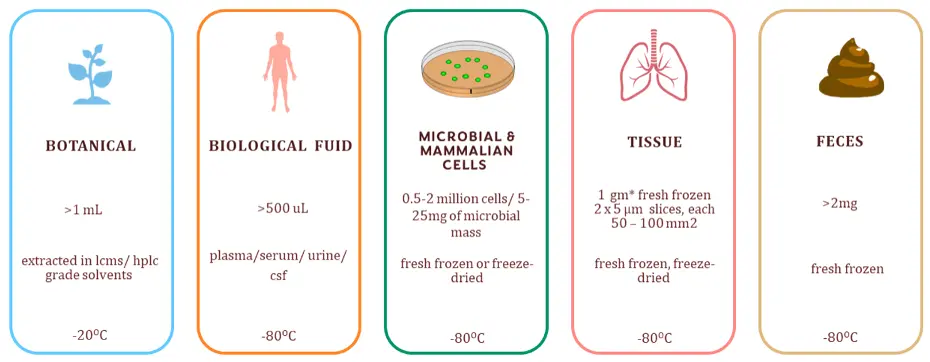
Data Analysis
Data analysis in proteomics involves rigorous quality control (QC) to ensure data accuracy and reliability. It leverages statistical analysis and bioinformatics tools to process and interpret complex data. Utilizing predictive models, it helps in forecasting and understanding biological phenomena.

Advancements in Top-Down Proteomics: Enhancing Proteoform-
Resolved Analysis for Clinical and Translational Research
From a molecular perspective, functional enactors in biology are intact proteins, which can be variably modified at the genetic, transcriptional, or post-translational levels. Over the past 30 years, mass spectrometry (MS) has evolved into a powerful method for analyzing proteomes. Traditional bottom-up proteomics, which operates at the peptide level, often faces challenges related to protein inference, connectivity, and incomplete sequence or modification information. In contrast, top-down proteomics (TDP) applies MS at the proteoform level, allowing for the analysis of intact proteins while preserving diverse sources of intramolecular complexity.
Recent advances in prefractionation workflows, MS instrumentation, and dissociation methods for whole-protein ions have significantly enhanced the accessibility and potential impact of TDP. These innovations have positioned TDP as a promising and disruptive modality with growing translational value.
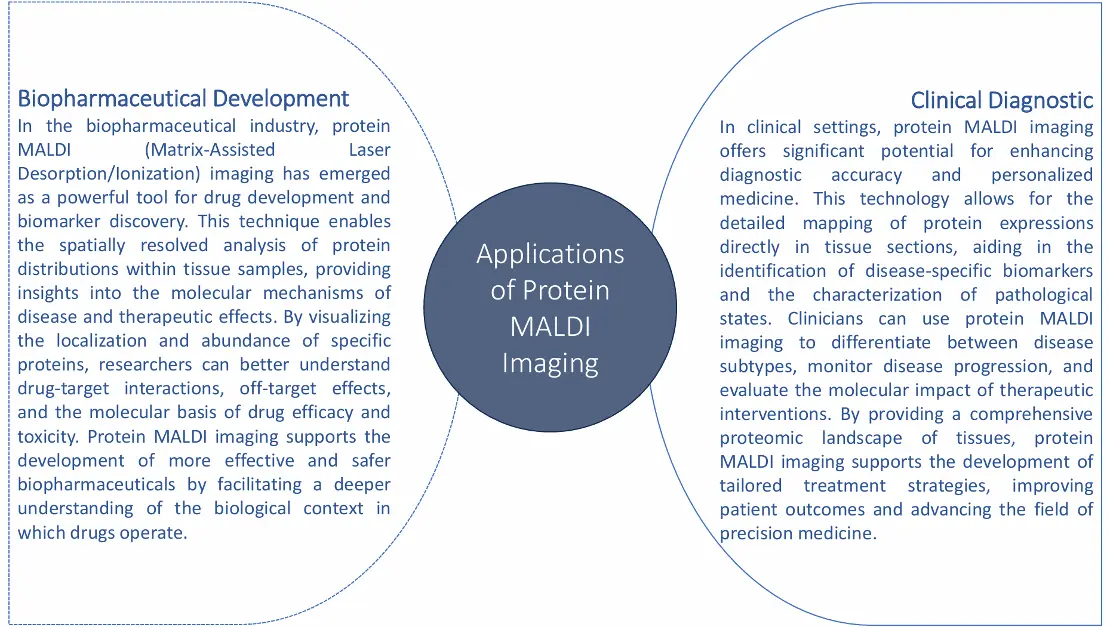
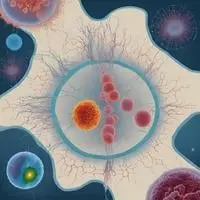
Spatial Proteomics &
Single Cell Proteomics
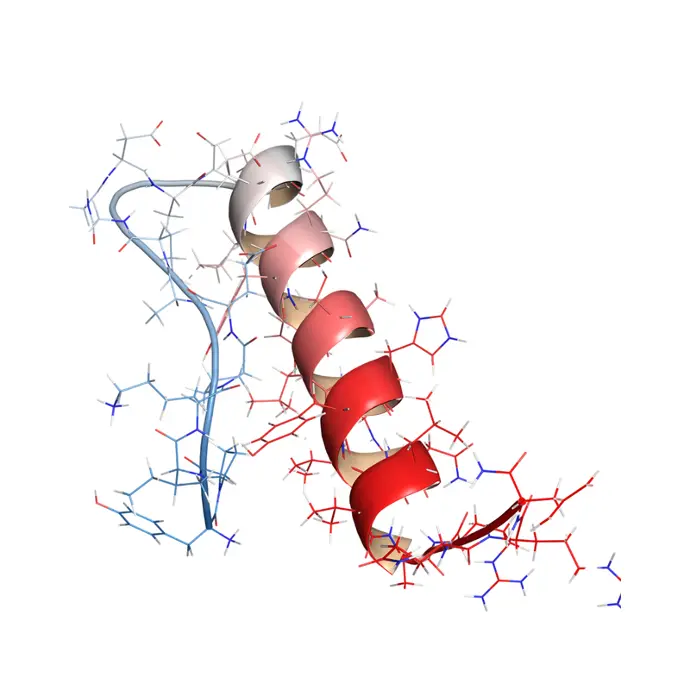
PTM &
Glycoproteiomics
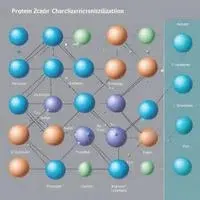
Protein
Chracterization
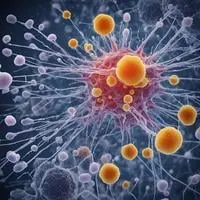
Global
Proteomics
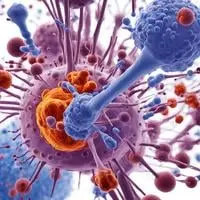
Plasma
Proteomics

